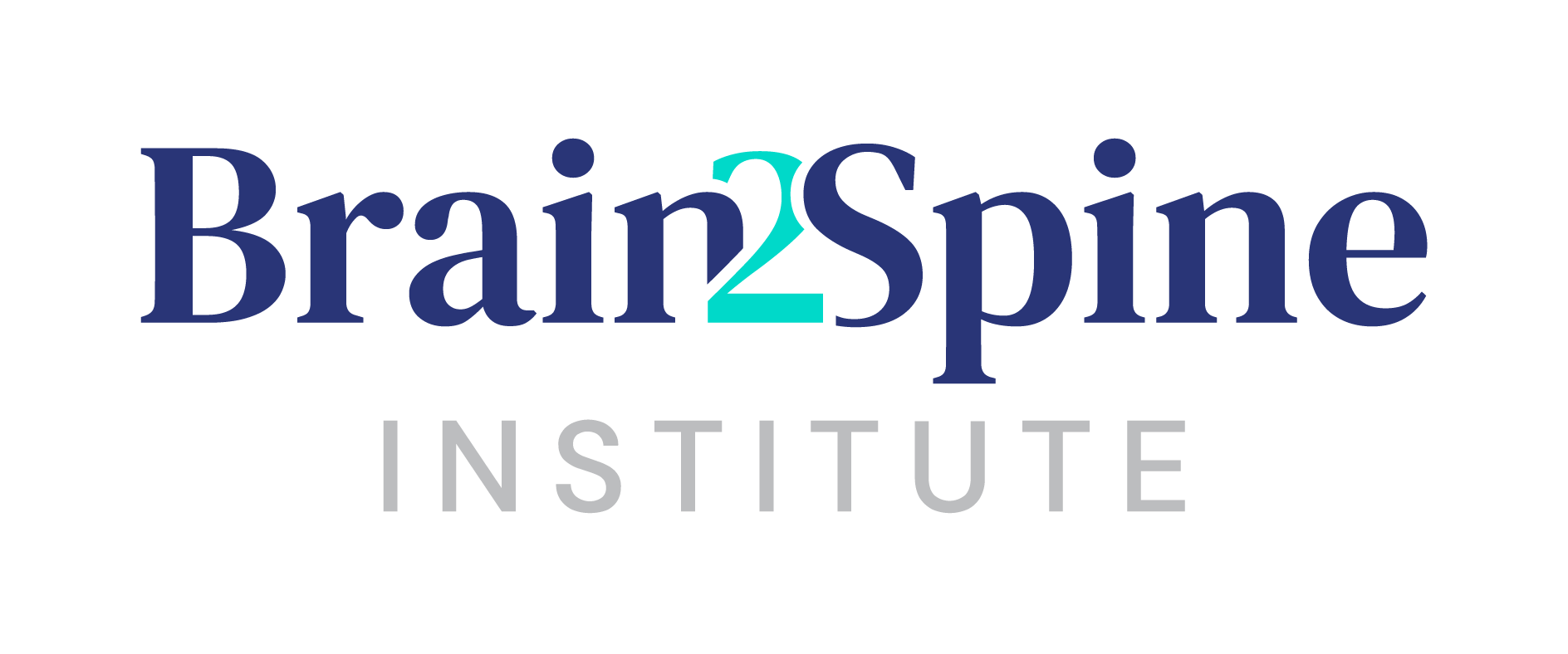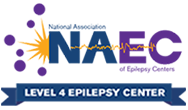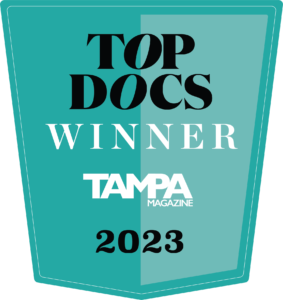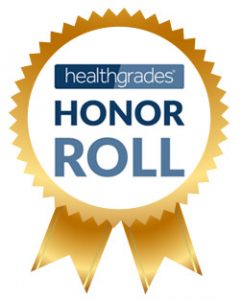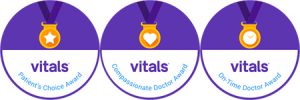Q. Where are you located?
Brain2Spine Institute is conveniently located in the Tampa Bay area near downtown St. Petersburg. Our address is 603 7th Street South, Suite 540, St. Petersburg, FL 33701.
Q. What are your hours of operation?
Brain2Spine Institute is open Monday-Friday from 9:00 a.m. to 5:00 p.m. National holidays may affect these hours.
Q. Will my insurance cover my services?
It is important to familiarize yourself with your insurance plan so that you are aware of your deductibles and copays, which will prepare you for the cost of your visit. If you have a deductible, you must pay the full balance of that deductible before your insurance will pay for your care. A copay is an amount that you are required to pay at the time of your visit. You should contact your insurance company for these details. Brain2Spine accepts a variety of insurances, including:
- AETNA Commercial HMO
- Aetna Medicare PPO
- AETNA PPO
- AvMed ONLY JOBE AND STENGEL
- Baycare/Great West
- BCBS
- BCBS Blue Select
- BCBS Health Options/Bluecare
- BCBS FEDERAL
- BCBS MED AVANT
- BCBS MEDICARE
- BCBS My Blue
- BCBS SimplyBlue
- Careplus/Medicare Advantage
- Champus/Champva
- Cigna
- CIGNA ALLEGIANCE
- Cigna-Baycare
- Clear Health Alliance
- Connecticut General
- Emblem/GHI NO PA’S
- Evolutions Network
- FL DOH-COUNTY INS
- FREEDOM/OPTIMUM
- GEHA
- GHI CMP
- Great West/Baycare
- Mailhandlers
- Medicare Part B
- Medicare Railroad
- Meritain
- Molina Marketplace
- Molina Medicaid
- Molina Medicare
- NALC
- OPTIMUM/FREEDOM
- Pinellas County Health Dept
- Pinellas County Sheriff
- Quality Health Plans (QHP)
- Secure Horizons Medicare
- Simply Healthcare Medicaid
- Simply Healthcare Medicare
- Tricare For Life (Medicare Supp.)
- Ultimate Health Plans-HMO
Q. What parts of the body do you treat?
Our specialized neurosurgeons treat the entire central nervous system, including the spine, spinal cord, spinal column, brain, cranial, and peripheral nerves. We understand that the central nervous system works together to provide optimal, pain-free movement. Our comprehensive approach ensures that each patient receives the care they need to regain functionality.
Q. What conditions do you treat?
The neurosurgeons at Brain2Spine institute treat a variety of conditions that affect the nervous system. These include conditions of the spinal cord, spinal column, brain, cranial, and peripheral nerves. A complete list of conditions includes:
- Adult Scoliosis
- Ankylosing Spondylitis
- Arachnoiditis
- Arthritis of the Spine (Spondylosis)
- Back Pain
- Back Sprains and Strains
- Burst Fracture
- Cancer and Spinal Fracture
- Cauda Equina Syndrome
- Cervical (Neck) Herniated Disc
- Chiari Malformation
- Childhood Scoliosis
- Compression and Wedge Spinal Fractures
- Degenerative Disc Disease
- Degenerative Lumbar (Low Back) Spondylolisthesis
- Discogenic (Disc-related) Low Back Pain
- Drop Foot/Steppage Gait
- Failed Back Surgery Syndrome
- Fixed Sagittal Imbalance
- Flatback Syndrome
- Foot Drop/Foot Drop Gait
- Herniated Disc
- Kyphosis
- Lower Back Pain
- Lumbar Herniated Disc
- Lumbago: Mild to Severe Low Back Pain
- Lumbar Radiculopathy: Low Back and Leg Pain
- Lumbar Spinal Stenosis
- Neck Pain
- Osteoarthritis of the Spine
- Osteomyelitis (Spinal Bone Infection)
- Osteopenia (Low Bone Mass Density, Not Osteoporosis)
- Osteoporosis
- Pediatric (Children) Spinal Tumors
- Sacroiliac Joint (SI Joint)
- Scheuermann’s Kyphosis, Scheuermann’s Disease
- Sciatica
- Scoliosis in Children
- Spina Bifida
- Spinal Cord Injury (SCI)
- Spinal Fractures
- Spinal Osteoarthritis
- Spinal Stenosis
- Spinal Tumor
- Spondylolisthesis
- Spondylosis
- Sprains and Strains
- Syringomyelia
- Upper Back Pain
- Whiplash
- Acoustic neuroma
- Aneurysms
- AVM
- Brain tumors
- Cavernous Malformations
- Epilepsy
- Hydrocephalus
- Pituitary tumors
- Seizures
- Trigeminal Neuralgia
- Carpal tunnel
- Ulnar Nerve
After Spine Surgery Guide
- Resume your home medications once home except blood thinners restart 5 days after surgery.
- Walk intermittently throughout the day with periods of rest
- Change position frequently
- Avoid bending, lifting, twisting, pushing, or pulling Do not lift >15 lbs.
- Take medications as prescribed
- Eat well balanced meals
- Minimize sitting straight up, for example in kitchen chair. You may be more comfortable in a recliner.
- There are no restrictions in sleeping position. You may sleep the way you normally sleep.
Your goal
- Your incision is clean and dry
- OK to shower after 48 hours. Allow water to run across the incision, do not scrub or soak the incision. Avoid soaking in tub, pools, and hot tub.
- Continue taking all medications as directed
- Some residual pain, muscle spasms, numbness/tingling and incision site pain is common after surgery
- To walk short distances (with walker or cane if needed)
- Call to schedule your post-op appointment for 2-3 weeks from day of surgery
- You may drive when you are not on high dose pain medications and when you feel comfortable using the pedals and checking your blind spots.
Call your surgeon if
- Your incision has signs of infection, such as drainage, swelling, redness or odor
- You have a fever greater than 101.4 degrees for more than 24 hours
- Pain and/or tightness in calf muscles
- Back surgery: watch for new symptoms of numbness, tingling, pain or weakness to your back, legs, or
- Neck surgery: watch for severe difficulty swallowing, weakness in your neck, shoulders, arms and/or hands
- Loss of bowel or bladder control
Call 911 or go to the emergency room if
- Shortness of breath
- Chest pain
- Coughing up blood
- Sudden confusion
- Rapid heart rate
After Brain Surgery Guide
- Resume your home medications once home except blood thinners restart once your surgeon has given you the OK
- Walk intermittently throughout the day with periods of rest
- Avoid strenuous activity
- Take medications as prescribed
- Eat well balanced meals
- There are no restrictions in sleeping position. You may sleep the way you normally sleep. Keep your head elevated will help reduce swelling.
Your goal
- Your incision is clean and dry
- OK to shower after 48 hours. Allow water to run across the incision, do not scrub or soak the incision. Avoid soaking in tub, pools, and hot tub.
- Continue taking all medications as directed
- Some residual pain, muscle spasms, numbness/tingling and incision site pain is common after surgery
- To walk short distances (with walker or cane if needed)
- Call to schedule your post-op appointment for 2-3 weeks from day of surgery
- You may drive when you are not on high dose pain medications and when you feel comfortable using the pedals and checking your blind spots. Seizure patients are not able to drive until cleared with your neurologist.
Call your surgeon if
- Your incision has signs of infection, such as drainage, swelling, redness or odor
- You have a fever greater than 101.4 degrees for more than 24 hours
- Increased confusion
- New onset of visual changes
- Uncontrolled headaches not decreased with use of pain medication
- Nausea and/or vomiting
Call 911 or go to the emergency room if
- Shortness of breath
- Chest pain
- Coughing up blood
- Sudden confusion
- Rapid heart rate
